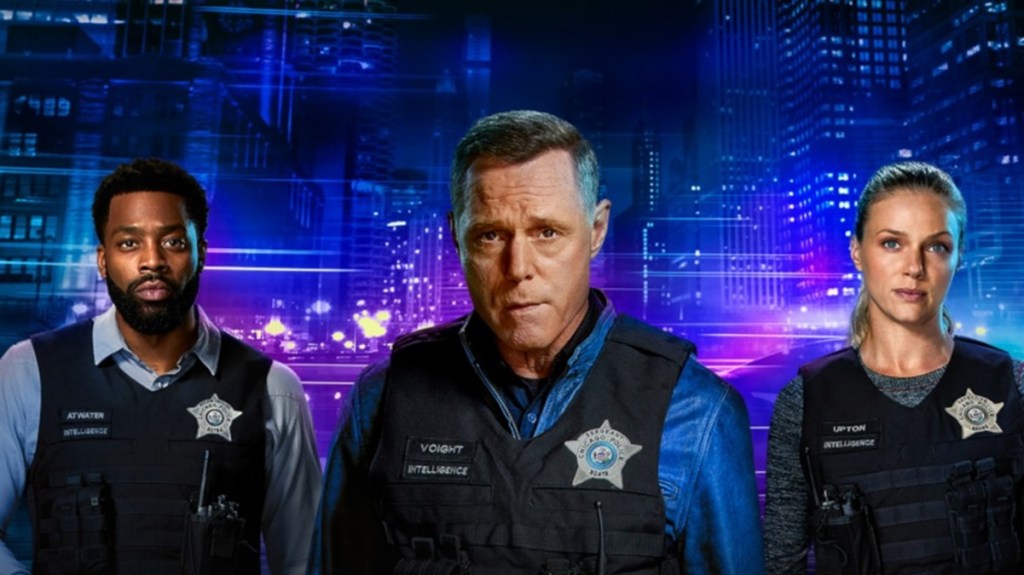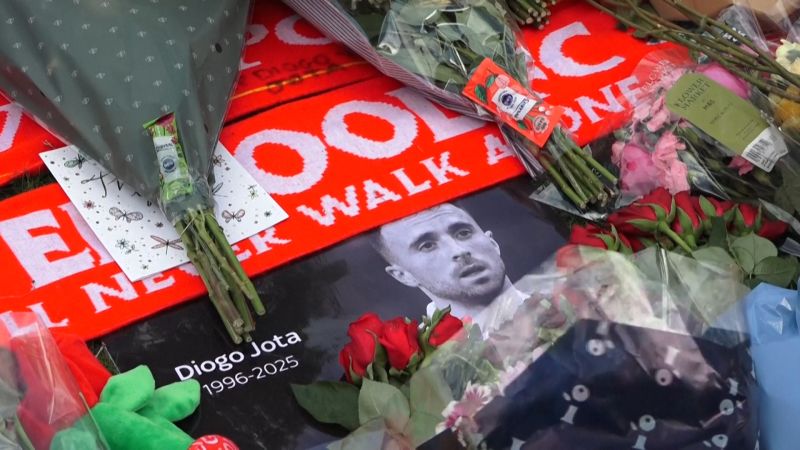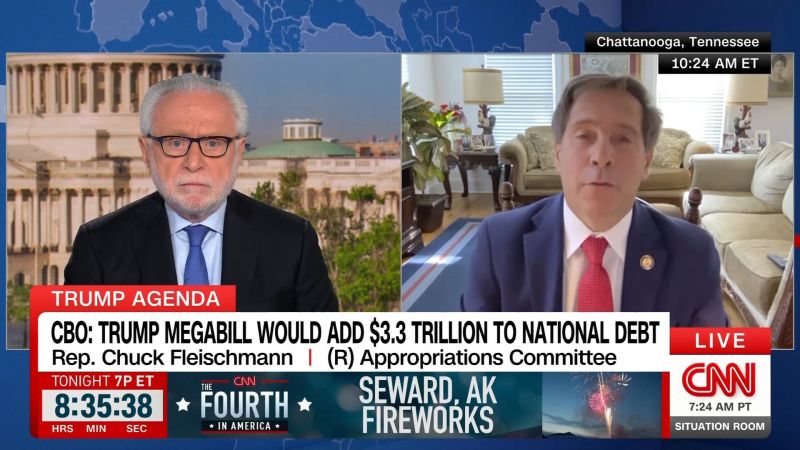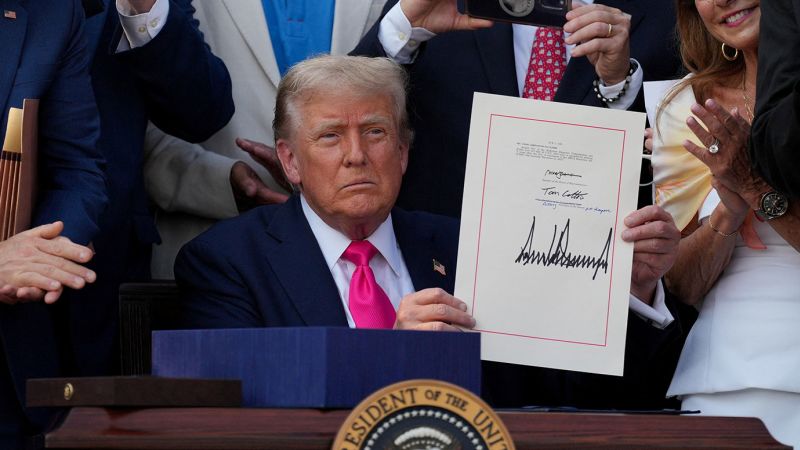Veteran Transitions to Defense Sector with USC’s MBV Program
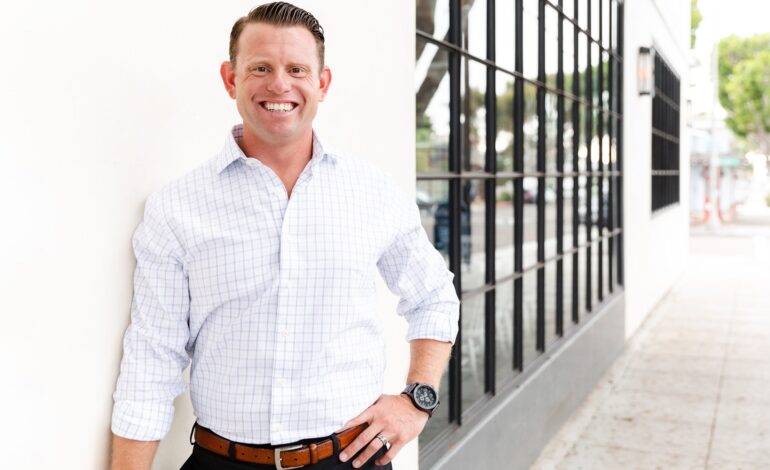
Randall Parkes, a former First Sergeant in the United States Marine Corps, has successfully transitioned from military service to a career in the defense sector, thanks to the Master of Business for Veterans (MBV) program at the University of Southern California (USC). After serving over 20 years, including multiple deployments to the Middle East and training thousands of recruits, Parkes faced the challenge of adapting to civilian life while considering his educational background and career options.
Initially, Parkes was hesitant about pursuing further education after completing his undergraduate degree online during his military service. His perspective changed when his captain recommended the MBV program. Intrigued, Parkes attended an information session led by program director James Bogle. The program’s robust curriculum and its focus on supporting veterans’ transitions into civilian careers convinced him to apply. “I drove home that night and started my application,” he recalled. Parkes graduated from the MBV program in 2021.
Finding a New Path in Defense Technology
After completing the program, Parkes secured a position as a program manager at Anduril, an American defense technology company known for its advanced technology and autonomous systems. Although he had extensive military experience, Parkes had not considered a career in defense technology prior to attending USC. His initial career aspirations included becoming a lifeguard in California, leaving him open to various opportunities.
The transition from military to civilian life was further complicated by the COVID-19 pandemic, which led to campus closures and limited in-person interactions among Parkes and his classmates in Cohort VIII of the MBV program. Undeterred, Parkes and a small group of fellow students met at the American Legion in Orange County and established their own workspace, akin to the camaraderie they experienced in the military. “We do what veterans do, which is figure it out,” he said, highlighting the adaptability and resourcefulness of his cohort.
As their community grew, Parkes formed lasting connections with other veterans, which he believes significantly impacted their transition to civilian life. He explained, “When you’re in service, you’ve got a built-in tribe around you all the time. When you get out, for a large majority of veterans, it goes away.” The shared experience of military service fostered a unique bond among MBV participants, which helped them cope with the challenges of reintegration.
Leveraging Education and Networks for Success
The MBV program also provided Parkes with a vital professional network. Although he and his wife had initially founded a real estate company, Parkes sought greater job stability and utilized his USC connections to land a role at Hewlett Packard. After a few months, he sought a position better aligned with his interests and discovered opportunities at Anduril. “I probably had 20 conversations between USC alumni and veterans before I even applied for my first position,” he shared, emphasizing the importance of networking.
In his role at Anduril, Parkes focuses on streamlining the delivery of cutting-edge technology to military personnel. He noted the significant delays—often taking five to ten years—for new equipment to reach soldiers in the field. “Our nation’s warfighter should have today’s technology, if not today, tomorrow—not five years from now,” he stated, capturing the urgency of his mission.
Parkes’ position is multifaceted, encompassing finance, account management, mission operations, and customer interactions, all while sharing his military insights with a young team of engineers. “You pair that engineer who’s super smart with someone like me who had four combat deployments, and that’s a team that you wouldn’t think would work well together. But man, we crush together,” he remarked.
Reflecting on his journey, Parkes cannot overstate the impact of the MBV program on his life. The uncertainties of civilian life after two decades in the military were daunting, but the support and community he found through the program provided him with a renewed purpose. “Getting accepted to MBV and going to USC for a master’s program was everything to me,” he shared. “It gave me the confidence that when I get out of the military, I am going to be just fine.”
To those considering or currently enrolled in the MBV program, Parkes advises them to immerse themselves in their education and leverage the Trojan Network. “Soak up as much of the education as you can,” he suggested, emphasizing the value of building connections within the broader USC network. His experience illustrates how the MBV program can serve as a springboard for veterans transitioning into successful civilian careers.

